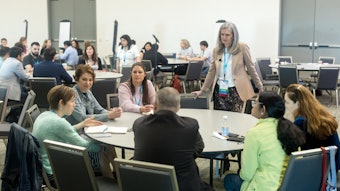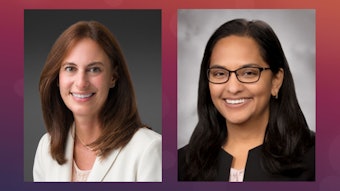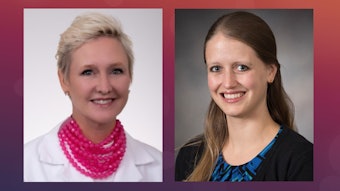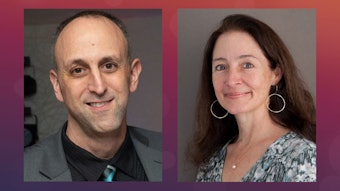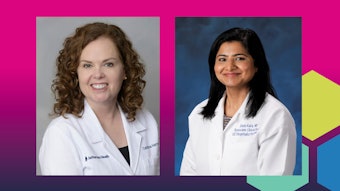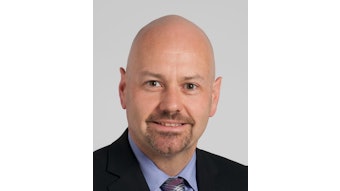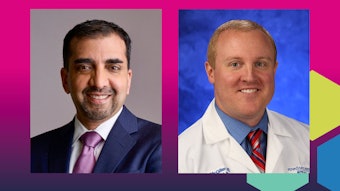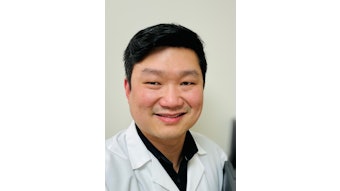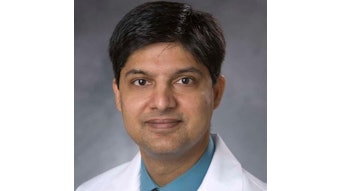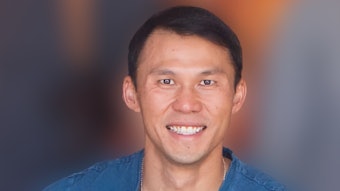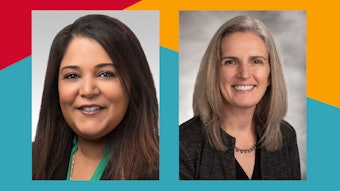Knowing when to call for help — and how to manage when you can’t
Dealing with urgent and emergent conditions requires more than just staying calm under pressure.
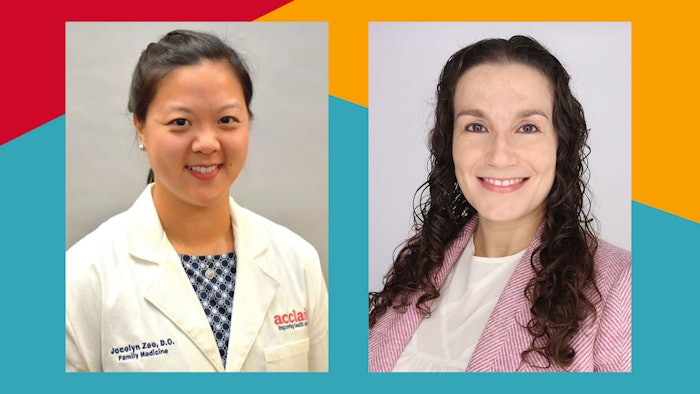
The last two years have provided a real-life course on dealing with the unexpected. But even outside of a global pandemic, most hospitalists sooner or later will find themselves in a situation where they are the ones making the call — whether it’s a call for backup, a call to transfer a patient to another setting, or a call to deal with the situation right then and there.
“The biggest fear factor for hospitalists are the life-threatening illnesses,” said Jocelyn Zee, DO, FAAFP, SFHM, chair of the Acclaim Physician Board of Directors for JPS Health Network in Fort Worth, Texas. “When you walk into a room and bad things are happening, you don’t want to be paralyzed in fear of what to do.”
Alice Gallo De Moraes, MD, critical care specialist and internist at the Mayo Clinic, said some of the most common urgent and emergent conditions hospitalists encounter will be respiratory failure, altered mental status, and shock. She said hospitalists see these every day, and it can be tricky to know exactly when to call for help.
“Ideally, a call for help should come at the first signs of deterioration, such as when oxygen needs start to rise or subtle changes in mental status occur,” Dr. Gallo De Moraes said. “Not when patients can no longer breathe or are comatose.”
These situations and more will be the focus of the discussion in “The Calm After the Storm — Critical Care for Today’s Hospitalist,” taking place 7:30 a.m.-5:30 p.m., Sunday, March 26.
Location where the emergent situation is occurring is another factor that goes into deciding when to call for help, Dr. Zee said.
“It depends on where people are practicing,” she said. “Hospitalists practice in a variety of settings. It could be where the next level of care is a phone call away or they could be practicing in rural Louisiana where help is not immediately available. As it happens, one of the course’s speakers, David Aymond, MD, practices in rural Louisiana and will speak to that exact situation.”
When resources or expertise needed to care for the patient appropriately are not available in the rural setting, Dr. Gallo De Moraes said “a complete, yet concise, handoff is a great start to the transfer process.”
Sunday’s course will focus on several case-based discussions, including arrhythmias, dyspnea, seizures, and other high-yield, critical care cases the hospitalist is likely to encounter on a day-to-day basis. One of the biggest highlights will be the ability to recognize what is known as the “can’t intubate, can’t ventilate” situation, or CICV, and the importance of proper airway management.
To that end, attendees will be able to practice dealing with infra-glotic and supra-glotic airways on specially designed mannequins, allowing them to practice bagging patients and other essential skills.
As with any medical situation, Dr. Zee said management in a crisis boils down to simply being prepared before the crisis arises.
“One of the emphases I would make is know your resources way before you run into trouble,” she said. “If I get into trouble with an airway, for example, I know who my backup is, and they also know that they’re my backup. We take care of each other, and a lot of that will come with experience.”
You can find more information and register for one of the four courses available on the Advanced Learning Courses page.
Space is limited; register early through the conference registration portal.
Visit SHM Meeting News Central for more coverage.
